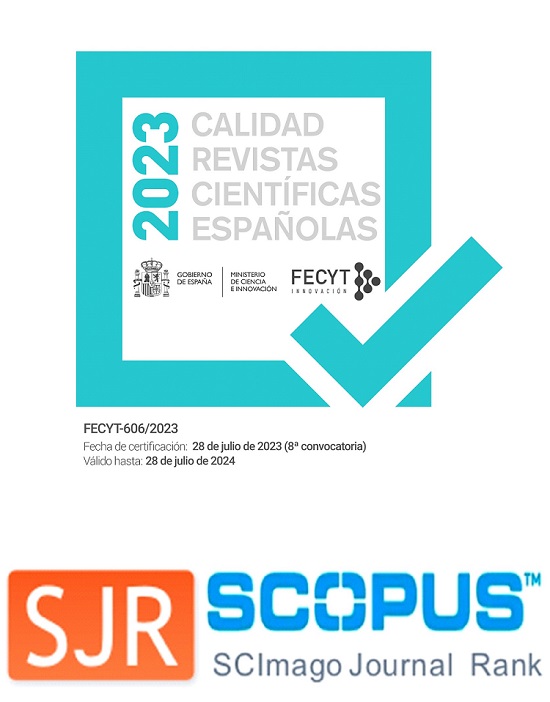From Protections for miserabiles personae to Legal Privileges for International Travellers: The Historical Development of the Medieval Canon Law regarding Pilgrim
Keywords:
Pilgrimage, Canon Law, privileges, miserabiles personae, capitulariesAbstract
Religious pilgrims of the Middle Ages enjoyed certain protections. Protection of person and property, access to hospitality, and protections against fiscal abuse, such as extra tolls, remained constant and were well-established within cultural assumptions about the special status of pilgrims. Nevertheless, historical development did take place in canon law regulations regarding pilgrims. The Carolingian period emphasized the personal pastoral responsibility of priests to give hospitality; meanwhile pilgrims were most often grouped with miserabiles personae such as widows, orphans, and pauperes. It also stressed protection of person. In a changing socioeconomic and institutional landscape, the high Middle Ages began to associate pilgrims with groups such as merchants. Protection of property at one’s home was more clearly established, along with other legal privileges. Pilgrims also gained more specific spiritual privileges, such as being able to confess during an interdict. In general, the legal regulations regarding pilgrims and the canonistic jurisprudence about them became more specific and technically defined in the later period, especially in light of Roman law jurisprudence, more advanced legal procedures, and new institutions such as religious orders devoted to offering hospitality to pilgrims.
Downloads
Additional Files
Published
How to Cite
Issue
Section
License
Creative Commons Reconocimiento-NoComercial-SinObraDerivada 4.0 España (CC BY-NC-ND 4.0 ES)



